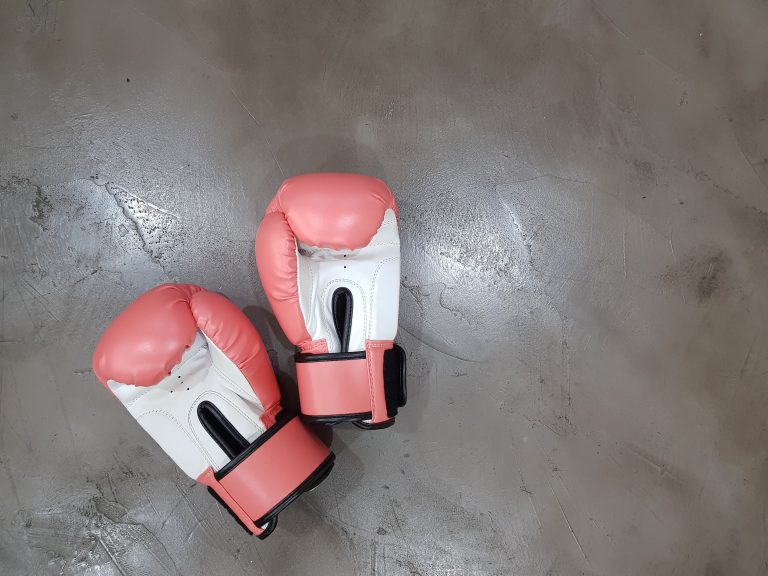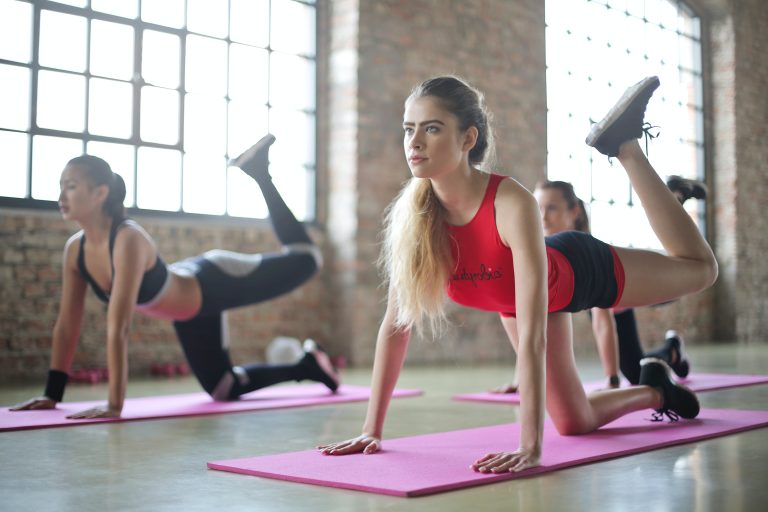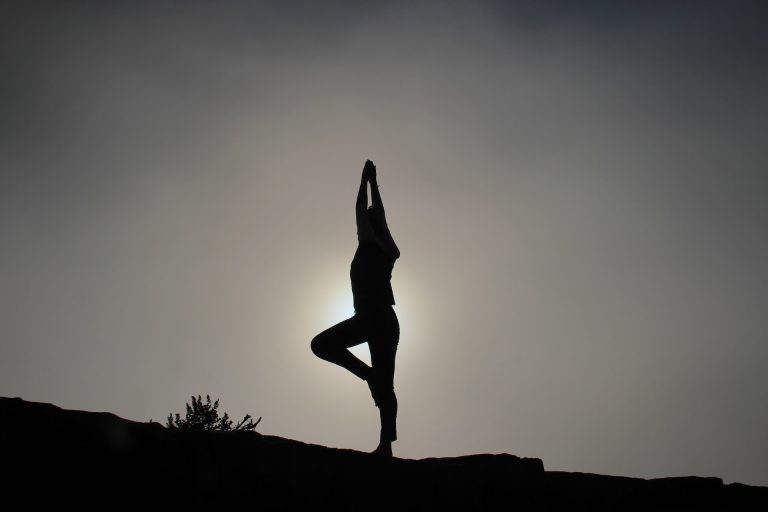When it comes to martial arts, karate is often the one that comes to mind. It’s been around for hundreds of years, practiced all over the world, and is renowned for its impressive self-defense techniques and powerful physical exercises. But what are some other advantages of learning karate? How will this ancient martial art benefit both your body and mind?
In this in-depth blog post, we’ll explore why karate is good for you, including the physical and mental benefits that can be gained from studying karate. We’ll take a look at the different ways karate can improve your health and why it’s an excellent option for people of any age or fitness level. By the time you’re finished reading, you’ll know whether karate is something you should consider as part of your practice. Let’s dive in!
The Benefits of Karate
Karate is more than just a powerful martial art – it’s a way of life that has been passed down through generations of martial artists. It’s based on a set of philosophies with their roots in Zen Buddhism, emphasizing the importance of respect, discipline, physical well-being, and mental clarity.
Karate is one of the oldest martial arts world, with evidence of its use in Okinawa dating back to the 1700s. There are now dozens of styles, all based on similar principles, but with slightly different moves, stances, and kata (forms).
Physical Benefits of Karate
One of the major physical benefits to be gained from studying karate is an increase in strength and overall fitness. Karate provides an intense full-body workout that requires you to use every muscle and joint in your body. Regular practice may help with fat loss and muscle toning, as well as improved balance and coordination.
Karate can also help to improve flexibility and agility, as many of its exercises involve twisting and stretching the body into different positions. This can be especially beneficial to those looking to increase their range of motion and mobility.
In addition to increasing strength and core stability, karate can help boost cardiovascular fitness. Stances and punches require aerobic exertion, which can help improve overall stamina and endurance. The idea of doing “rounds” adds an element of interval training as well. The combination of intervals and full-body movements helps the heart rate stay elevated for longer periods of time, leading to better overall performance and improved cardiovascular health.
Mental Benefits of Karate
Karate has not only physical but also mental benefits. Learning karate will help challenge you to think more quickly on your feet as well as strive to overcome obstacle after obstacle. Self-defense training teaches you to act fast when it comes to protecting yourself, while training with partners helps you recognize where body shapes can interact in harmonious ways when under pressure.
Karate is a great way to improve concentration, as practitioners are taught to focus on precision, accuracy and control during their movement. Building on concentration helps to increase focus and clarity in other aspects of life. Studies have even shown that those who practice martial arts regularly have higher IQs than those who don’t!
Karate can also help to improve self-confidence, as it gives practitioners a sense of purpose and belonging. Going to class regularly requires commitment and perseverance, both of which can help you feel better about yourself. Plus, mastering moves that were once difficult or impossible serves as tangible proof that anything is achievable with hard work and dedication.
Who Should Do Karate?
Karate is suitable for individuals of all ages and fitness levels. Classes cater to those with physical limitations or who are starting from zero experience, meaning that anyone can benefit from learning karate. Mastering kata (forms) is a great way to start if you want to improve balance, flexibility and agility – plus it looks impressive! When it comes to kumite (sparring), students are matched against opponents at their experience level, so there’s no chance of being overwhelmed.
Most dojos also offer classes tailored specifically for children, teaching them karate basics while making lessons fun and enjoyable. Children who attend karate classes have been known to show improvements in self-confidence, coordination, coordination, and overall fitness levels.
Conclusion
Karate has many physical and mental benefits which make it an ideal form of exercise for people of all ages and fitness levels. It can help increase strength and overall fitness, improve balance and coordination, and challenge your cognitive capabilities. Plus, learning karate is a great way to boost self-confidence and learn valuable lessons about respect, discipline, and dedication.
As long as you find a qualified dojo and instructor with plenty of experience in teaching karate classes then you can be sure that you’ll not only develop improved physical skills but also gain peace of mind due to the mental strengthening which comes with the territory. So why not give it a try and start your karate journey today?
The Benefits of Karate: Answering Your Frequently Asked Questions
Karate is a martial art that originated in Okinawa, Japan. It can be an incredibly rewarding pursuit for people of all ages, providing physical, mental, and emotional benefits. However, there are many misconceptions about what karate is and what it can do for you. In this blog post, we’ll answer some of the most frequently asked questions about the benefits of karate.
What is karate?
Karate is a martial art that involves striking and blocking techniques. It was developed in Okinawa, Japan, in the 19th century and has since spread around the world. Karate can be practiced as a sport, for self-defense, or as a way to achieve physical fitness and personal growth.
What are the physical benefits of practicing karate?
There are many physical benefits to practicing karate, including:
Strength and Endurance
Karate requires a lot of physical strength and endurance. Practicing karate can help you develop stronger muscles and improve your cardiovascular health.
Flexibility
Karate involves a lot of stretching and body movements that can increase your flexibility. This can help prevent injuries and improve your overall physical performance.
Balance and Coordination
Karate requires a great deal of balance and coordination. Practicing karate can help you develop these skills, which can be useful in other areas of your life.
What are the mental benefits of practicing karate?
In addition to the physical benefits, there are also many mental benefits to practicing karate, including:
Focus and Concentration
Karate requires a great deal of focus and concentration. Practicing karate can help you develop these skills, which can be useful in other areas of your life, such as work or school.
Self-Discipline and Self-Control
Karate requires a great deal of self-discipline and self-control. Practicing karate can help you develop these skills, which can be useful in other areas of your life, such as managing your finances or maintaining a healthy lifestyle.
Stress Relief
Karate can be an excellent way to relieve stress. It provides a physical and mental outlet for stress and can help you develop coping mechanisms that you can use outside of karate.
Can karate be used for self-defense?
Yes, karate can be used for self-defense. However, it’s important to understand that self-defense situations are often unpredictable and dangerous. Practicing karate can help you develop the physical and mental skills necessary to defend yourself, but it’s important to also develop good judgment and avoid dangerous situations whenever possible.
Is karate safe?
Like any physical activity, there is some risk of injury when practicing karate. However, if you practice karate safely and under the supervision of a qualified instructor, the risk of injury is relatively low.
What age is appropriate to start practicing karate?
Karate can be practiced by people of all ages. Many karate schools offer classes for children as young as four years old, as well as classes for adults of all ages.
Will practicing karate help me lose weight?
Yes, practicing karate can help you lose weight. Karate is a physically demanding activity that can burn a lot of calories. Additionally, practicing karate can help you develop a more active lifestyle and make healthier food choices, which can lead to weight loss.
Do I need any special equipment to practice karate?
To practice karate, you’ll need a uniform (known as a gi), a belt to indicate your level of proficiency, and protective gear, such as gloves and shin guards. Some schools may also require additional equipment, such as a mouthguard or headgear.
What should I look for in a karate school?
When looking for a karate school, it’s important to consider factors such as the qualifications of the instructors, the quality of the facilities, and the values and philosophy of the school. It’s also important to consider factors such as the cost and location of the school.
What are the different styles of karate?
There are many different styles of karate, each with its own unique techniques and philosophy. Some of the most popular styles of karate include Shotokan, Goju-ryu, Wado-ryu, and Shito-ryu.
Conclusion
Karate is a rewarding pursuit that can provide physical, mental, and emotional benefits. By practicing karate, you can develop strength, flexibility, balance, focus, self-discipline, and other valuable skills. Whether you’re interested in karate for sport, self-defense, or personal growth, there is a style and school out there that can meet your needs.
Inhaltsverzeichnis






